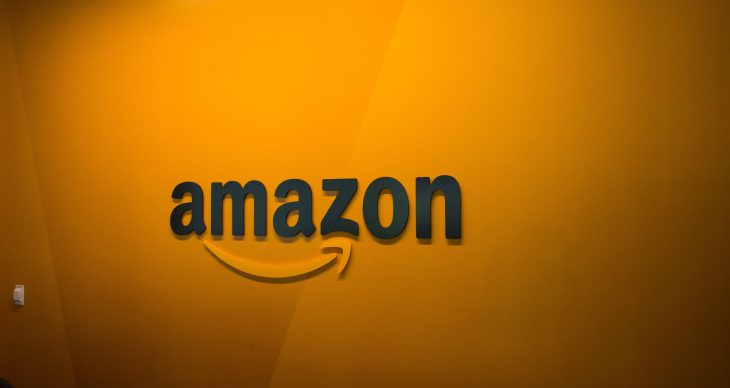You’d be forgiven for not knowing Amazon has operated in China for more than a decade, but perhaps not for much longer. The company is reportedly in talks to merge its China-based import business with local peer Kaola, the cross-border shopping platform run by Chinese internet behemoth NetEase, Caijing reported (link in Chinese) on Tuesday.
The deal, which NetEase initiated and will occur through a stock swap, had been signed at the end of 2018 but negotiations had been difficult, sources told Caijing.
The timing of the marriage is interesting as Amazon recently snagged a deal with Western Union to better serve unbanked shoppers across Asia (which did not include mainland China). Amazon also connects Chinese sellers to consumers worldwide, and just last week, WorldFirst, a London-based payments firm that relies heavily on working with Amazon small and medium-sized merchants, a direct rival to Amazon.
According to Caijing, the NetEase merger won’t affect Amazon’s export-led unit.
NetEase Kaola declined to comment on the matter. [Update: Amazon also declined to comment.]
Amazon entered China in 2004 after it bought out local book-selling business Joyo for $75 million. In 2014, it started offering an overseas shopping service to capture Chinese consumers’ growing appetite for imported goods. Since then the titan has devised various marketing gimmicks — including its annual Black Friday campaign — to lure shoppers, but the business was never able to establish a commanding position in China, where big guns like Alibaba and JD.com dominate.
According to research firm iResearch, Amazon held less than 1 percent of the Chinese commerce market in 2016. Within the arena of imports, Amazon China claimed about 6 percent share by the second quarter of 2018, while Alibaba’s Tmall Global took the lead at 29 percent, per data from research company Analysys. NetEase Kaola and JD.com trailed behind at 22.6 percent and 13.7 percent, respectively.
Despite a weak presence in China, Amazon’s massive global reach could be a coveted asset for its local rivals. “Netease needs to procure more inventory and it’s hard because they don’t do marketing as well as Alibaba overseas,” Ivy Shen, vice president with Shenzhen-based cross-border e-commerce startup Azoya, told TechCrunch.
“Kaola is also opening more offline stores so it might need more capital to expand, and Amazon can provide that capital. The cross-border market isn’t big enough for Amazon, but offline retail could be,” added Shen.
NetEase is best-known as China’s second-largest game publisher after Tencent, but its success dates back to the PC-era where it ran a popular news portal and email business. The Hangzhou-based company has over the years been re-inventing itself, leaping into a broad range of ventures, including music streaming, a segment that rivals Tencent’s QQ Music; comics, which it sold to Bilibili, an anime streaming business backed by Tencent and Alibaba; and e-commerce, a unit that has driven much of its growth recently and contributed about 27 percent of its overall revenues during the latest quarter.
